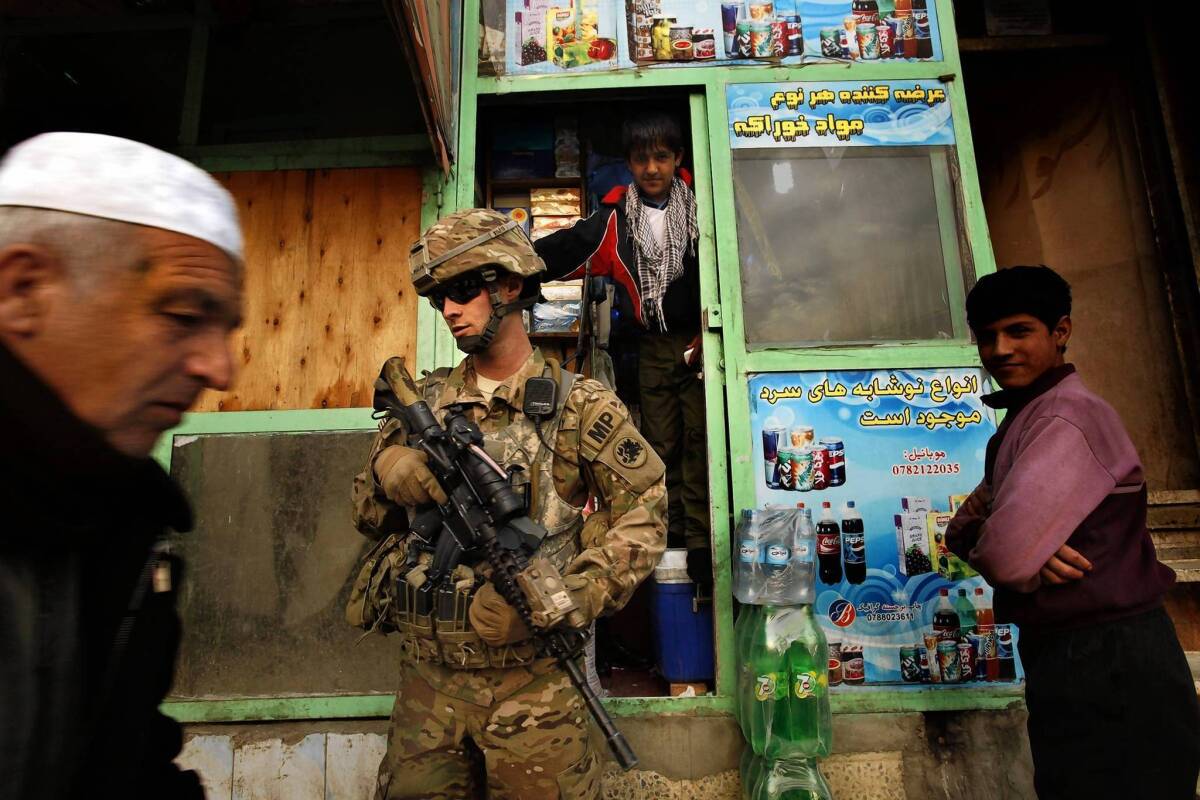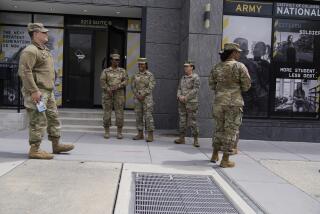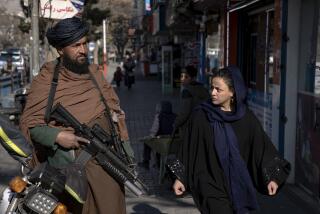U.S. force in Afghanistan to be slashed, officials say

WASHINGTON — The Obama administration plans to slash U.S. forces in Afghanistan by more than half during the next 16 months, a faster withdrawal than top commanders once considered prudent, officials said.
Gen. John R. Allen, who commands the international forces in Afghanistan, had wanted to keep the bulk of the 66,000 U.S. troops in place through the summer, traditionally the heaviest months of fighting against Taliban insurgents.
But in recent weeks Allen’s advisors and top Obama administration officials have developed a timetable for steady reductions that would reduce troop levels to fewer than 66,000 this summer and to 25,000-30,000 in spring 2014, with further withdrawals later that year, the officials said.
The emerging consensus has narrowed the split between the Pentagon and the White House over the extent to which the U.S. needs to remain engaged militarily in Afghanistan to prevent the country from slipping back into lawlessness and civil war after the bulk of foreign troops withdraw.
The administration is still discussing the size of the American force that will remain in Afghanistan after 2014, talks that will intensify this week when Afghan President Hamid Karzai meets President Obama at the White House. Pentagon officials are pushing for 6,000 to 9,000 troops, though White House aides are considering a force of 3,000 or even fewer.
The plan to accelerate the pace of the U.S. drawdown has emerged as military planners have examined the cost and logistical complexity of waiting until next year to bring out tens of thousands of troops, the officials said.
Keeping troop levels near 60,000 would require the Pentagon to extend deployments of troops currently on nine-month deployments or to send additional units for short tours, officials said, noting that neither option is likely to be popular with the public or the White House.
Deputy national security advisor Ben Rhodes told reporters Tuesday that Obama “is committed to continuing steady reductions,” and that “we are not going to plateau at” 66,000 until 2014 “and then remove our troops.”
At the same time, U.S. officials want to keep as many as 30,000 troops in Afghanistan through April 2014, when the nation is scheduled to hold elections to choose Karzai’s successor. That size force is considered large enough to serve as a deterrent to efforts by the Taliban to disrupt the elections or by presidential contenders to seize power by force, officials said.
Many senior military officers remain deeply concerned that the post-2014 U.S. troop presence under consideration is too small to meaningfully assist the fledgling Afghan security forces. But these officers acknowledge that they are unlikely to win the argument with a White House that is intent on reducing the U.S. footprint as much as possible.
Rhodes did not rule out the possibility that Obama could eventually decide to leave no U.S. troops in Afghanistan after 2014. The “zero option” would be considered, he said.
Whether or not troops remain, the U.S. will help Afghanistan with training, equipment and aid, Rhodes said.
Earlier concern among senior U.S. commanders that a rapid U.S. withdrawal could jeopardize security has eased as many Afghan army and police units have successfully taken over security responsibilities in some areas.
“That’s a surprising fact, so with that variable in play you have more room to maneuver,” said a U.S. official, who requested anonymity to discuss internal deliberations.
The Obama administration is also making a renewed push for peace talks with some factions of the Taliban, in hope that reducing the strength of the insurgency will make it easier for Afghan security forces, which now number nearly 352,000, to handle security with limited U.S. backing.
“We believe ultimately that [negotiating ] is an essential part of a process that would lead to a more peaceful and stable Afghanistan,” White House spokesman Jay Carney told reporters.
Times staff writer Christi Parsons contributed to this report.
More to Read
Start your day right
Sign up for Essential California for news, features and recommendations from the L.A. Times and beyond in your inbox six days a week.
You may occasionally receive promotional content from the Los Angeles Times.







